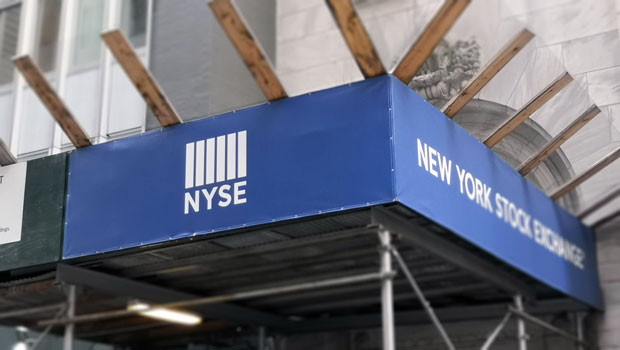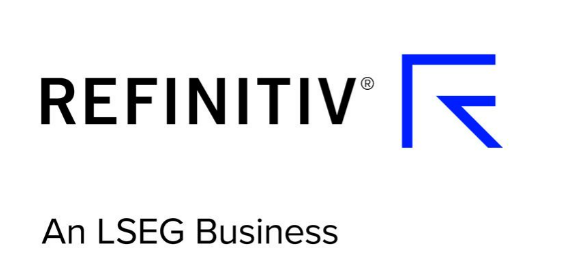
Source: Sharecast
As of 1225 BST, Dow Jones futures were down just 0.06%, while S&P 500 and Nasdaq-100 futures had the indices opening 0.28% and 0.40% weaker, respectively.
The Dow closed 344.11 points higher in Thursday's truncated session, while the S&P 500 and Nasdaq both notched new record highs after key labour market data came in well ahead of forecasts.
Futures headed south after Donald Trump and commerce secretary Howard Lutnick told reporters on Sunday that tariffs would go into effect on 1 August but added that Trump was still "setting the rates, and the deals, right now". Elsewhere, treasury secretary Scott Bessent said that tariffs would return to 2 April if country's had made no progress on trade negotiations with the White House. Market participants were expecting Trump's tariff rates to come into effect on 8 and 9 July after his initial 90-day reprieve on the "reciprocal" tariffs for the majority of US trading partners.
Trump also threatened an additional 10% tariff on countries that were aligned with the "Anti-American policies of BRICS", being the emerging market countries bloc of Brazil, Russia, India and China, but did not elaborate on specifics. Trump's announcement comes as the group met in Brazil as the countries look to move away from their dependence on the US dollar.
Rostro's Joshua Mahony said: "Whether it is a case of him chickening out, he clearly does not want to implement the reciprocal tariffs in their original format, and thus what started as April, pushed to July, and now turns to August. There will be many that see this as weakening his hand as nations note his unwillingness to follow through on his threats. Nonetheless, this once again provides markets with a breather, bringing over three-weeks longer until tariffs kick in.
"The obvious benefits of holding off rather than implementing a swathe of tariffs also have a likely unintended consequence of writing off a July rate cut from the Fed. While Trump can point towards the inflation levels and claim that his policies are not inflationary by nature, the FOMC will want to judge based on the stable and long-term policies rather than simply a lull before the higher tariffs come into effect. Thus, if Trump wants rate cuts, he arguably needs to either implement or call off the remaining tariffs, allowing the Fed with a period of months to see that prices do not surge once the final rates are in place."
In the corporate space, shares in electric vehicle maker Tesla fell sharply in pre-market trading after chief executive Elon Musk reopened his rift with former ally Donald Trump as he announced he was launching a new political party. The multi-billionaire, who has fiercely opposed Trump's recently signed massive tax and spending Bill, said the "America Party" would target a handful of Senate seats and House of Representatives districts in an effort to "serve as the deciding vote on contentious laws". Trump said Musk had "run off the rails", calling his plans "ridiculous".
No major data points were scheduled for release on Monday.
Reporting by Iain Gilbert at Sharecast.com


